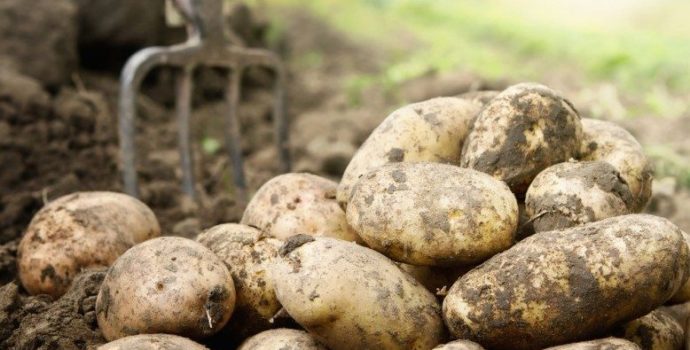Urgent Department Action Needed Following Study of Tb Levels in Deer – IFA
IFA President Eddie Downey said the high levels of TB in wild deer that have been confirmed following a recent study requires immediate and targeted action by the Department of Agriculture.
Speaking in Co Wicklow on a dairy farm that has encountered severe problems because of TB, Eddie Downey said the study sought by IFA and carried out by the Department over the past four months shows levels of TB in deer at 16%.
“Farmers have long argued that the control of the deer population is an important element in the eradication of the TB disease. The evidence from this study shows the level of TB in deer is a significantly higher multiple than in cattle and justifies the implementation of a programme similar to the existing Wildlife Control programme.”
Eddie Downey said the severity of an outbreak of TB on herds and the trauma for farmers requires a re-think by the Department of Agriculture on the compensation levels available to farmers. He said, “Building up a herd and maintaining the highest levels of animal health only comes through years of investment and dedicated stockmanship. To have this wiped out because of a failure to control the deer population places a heavy burden on farmers. We have been making a strong case to the Department that it is not possible for farmers to survive serious TB outbreaks on current income support payments”.
Analysis by IFA of the National Farm Survey information show losses of €126/month where dairy cows are removed from farms as TB reactors, with only €25/month payable to a maximum of 100 animals under the current compensation scheme for those farmers who qualify.
The IFA Animal Health Chairman Bert Stewart said the findings highlight the urgent need for the Department to put in place structures that reduce the number of deer surrounding TB outbreaks in order to protect the health and welfare of our national cattle herd and farmers’ incomes. “This must have the full co-operation of Coillte and NPWS if it is to be effective. Combined with this the compensation levels sought by IFA must be provided to farmers experiencing TB breakdowns, who through no fault of their own incur huge and unsustainable financial losses.”
Wicklow IFA chairman Tom Short said farmers have had real concerns in relation to the role wild deer encroaching onto their land is having in prolonging TB episodes and contributing to new outbreaks. This study confirms both the incidence of TB in deer and the risk they are posing to the health status of the cattle in the farms they are encroaching onto.
“It is more than coincidental that Wicklow has both the highest levels of TB in cattle in the country and the highest population of deer. This situation must be addressed urgently by all state agencies responsible, through a targeted reduction in deer numbers surrounding TB outbreaks and a national management plan that reduces deer numbers to what is sustainable within their natural habitat in order to protect the health and welfare of our animals and farmers’ livelihoods.”




